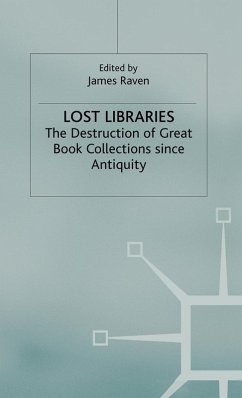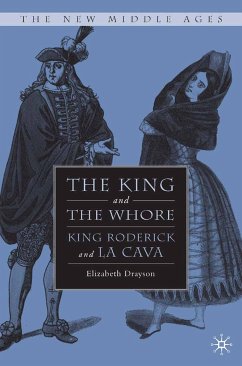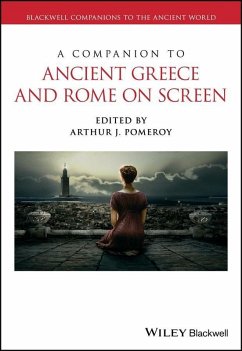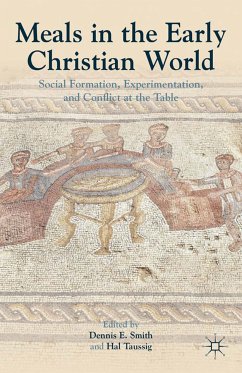
Ancient Rhetoric and Oratory (eBook, PDF)
Versandkostenfrei!
Sofort per Download lieferbar
32,99 €
inkl. MwSt.
Weitere Ausgaben:

PAYBACK Punkte
0 °P sammeln!
This book introduces readers to the ancient rhetorical tradition by investigating key questions about the origins, nature and importance of rhetoric. Explores the role of the orator, especially the two greatest figures of the tradition, Demosthenes and Cicero Investigates the place of rhetoric at the center of ancient education Considers the role of rhetoric since the end of antiquity. Includes a glossary of proper names and technical terms; a chronological table of political events, authors, orators, and rhetorical works; and suggestions for further reading.
This book introduces readers to the ancient rhetorical tradition by investigating key questions about the origins, nature and importance of rhetoric.
- Explores the role of the orator, especially the two greatest figures of the tradition, Demosthenes and Cicero
- Investigates the place of rhetoric at the center of ancient education
- Considers the role of rhetoric since the end of antiquity.
- Includes a glossary of proper names and technical terms; a chronological table of political events, authors, orators, and rhetorical works; and suggestions for further reading.
Dieser Download kann aus rechtlichen Gründen nur mit Rechnungsadresse in D ausgeliefert werden.












